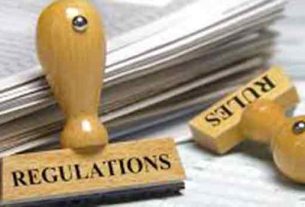Three proposals with quite different approaches have sparked an extensive debate in Minnesota about the legalization of sports betting. In contrast to other bills introduced recently, the most recent one, which Senator John Marty introduced, focuses a significant emphasis on efforts that promote responsible gaming.
Compared to the other measures, Marty’s SF 5330 proposes a minimum tax rate that is 40% higher. But why. Well, Marty’s measure emphasizes financing for problem gambling and responsible gambling initiatives, in contrast to the 10% tax rate that is proposed by HF 2000 and the 20% tax rate that is suggested by SF 1949.
The law makes it possible for up to eleven sports betting applications to be released in the state, and it grants tribal institutions the ability to get licenses. On the other hand, the measure does not include historical horse racing, which might make it difficult to garner widespread support since there is no assurance that horse racing tracks would be included in the bill.
More on Problem Gambling and Responsible Gambling in Minnesota
In line with SF 1949, Marty’s bill bans betting while games are in progress and creates geofencing around schools to stop betting on school grounds. Operators are also required by the law to institute cooling-off periods and default betting limits for bettors.
With the distribution of tax funds, legislation illustrates its dedication to the implementation of responsible gaming programs. Half of the funds will go to the department of human services, while some will go toward public education and treatment initiatives for compulsive gambling. Funding for public school addiction and mental health programs receives 25% of the total, with the other 25% going to the state’s general revenue.
Concerning sports betting legislation, Sen. Marty has long stressed the need to prioritize measures to prevent problem gambling. He emphasizes the need to address the potentially harmful effects that problem gambling may have on people, families, and communities, as well as the dangers that it poses to athletes and the integrity of sports.
A Few Roadblocks
May 20 marks the end of Minnesota’s legislative session, so there’s still plenty of time for legislators to settle on sports betting legislation. The measures have been discussed extensively, but so far they have failed to pass either house, indicating that they will face substantial obstacles before they can become laws. So, the outcomes remain to be seen.
Licensing issues, especially as they relate to tribal organizations and horse racing tracks, are at the heart of the differences. It has been difficult to find a solution that would satisfy all Minnesotans in their efforts to allow sports betting in the past. Finding a middle ground on licensing control is thus crucial to moving sports betting legislation forward in the state as conversations continue.


